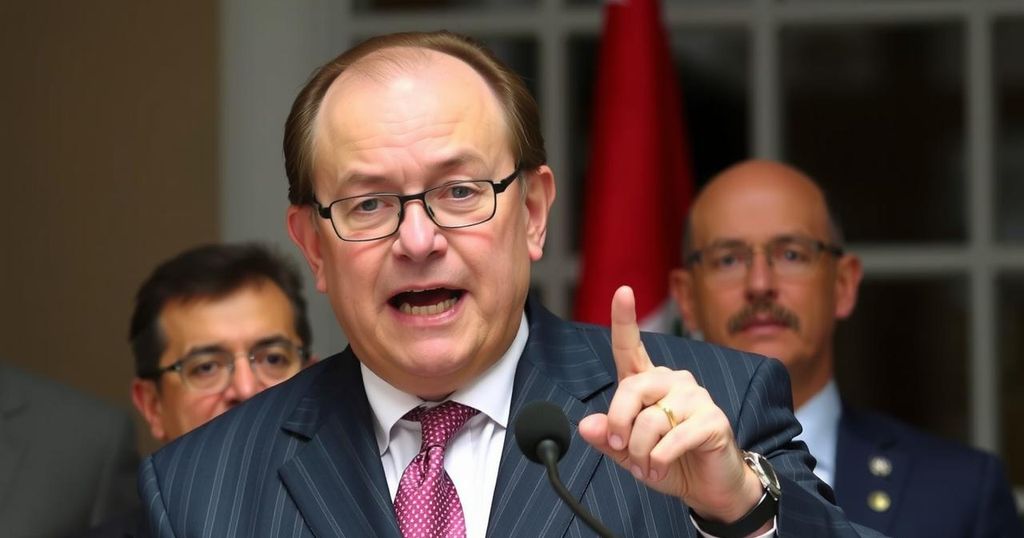Joseph Aoun Elected as Lebanon’s President: Shifting Dynamics in Regional Politics

Lebanon has elected Joseph Aoun as president, ending a two-year leadership vacuum. His election signifies a shift from Iranian influence towards a U.S.-aligned governance model, with over two-thirds of lawmakers supporting his candidacy. Aoun’s presidency aims to address Lebanon’s significant crises during his six-year term.
Lebanon has recently elected army commander Joseph Aoun as its new president, marking the end of a two-year leadership void. Aoun, who received substantial support from U.S. lawmakers, symbolizes a pivotal shift away from Iranian influence in Lebanese politics. With over two-thirds of the members of parliament voting in favor of his presidency, Aoun embarks on a six-year term, seeking to restore governance and stability to the country amidst ongoing crises.
Lebanon has faced a protracted political stalemate, culminating in a power vacuum that lasted for more than two years. The election of Joseph Aoun reflects a significant pivot in Lebanon’s political landscape, indicating a growing alignment with U.S. interests. This realignment is noteworthy as Iran has historically wielded considerable influence in Lebanon through the support of various factions, particularly Hezbollah. The establishment of Aoun’s presidency is expected to foster more stable governance in light of Lebanon’s ongoing economic and social challenges.
In conclusion, Joseph Aoun’s election as Lebanon’s president signifies a strategic shift towards U.S. alignment and indicates a reduction in Iranian influence within the nation. As he begins his term, the success of his administration will largely depend on addressing the critical issues that have plagued Lebanon, including economic instability and political division.
Original Source: www.poncacitynews.com








